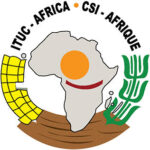Building Futures: Nigerian Experts Glow at Global Sustainability Symposium in Germany.
By Raymond Enoch
In a powerful display of intellectual prowess and cultural representation, distinguished group of Nigerian professionals and academics took center stage at the recent international symposium titled “(De)Tabooing Science and Research” held in Hannover, Germany. The event, hosted by Germany’s Federal Institute for Materials Research and Testing (BAM) and generously funded by the prestigious Volkswagen Stiftung, brought together 40 global experts united by a shared mission: to challenge deep-seated taboos that obstruct sustainable practices in science, materials, and structural development.
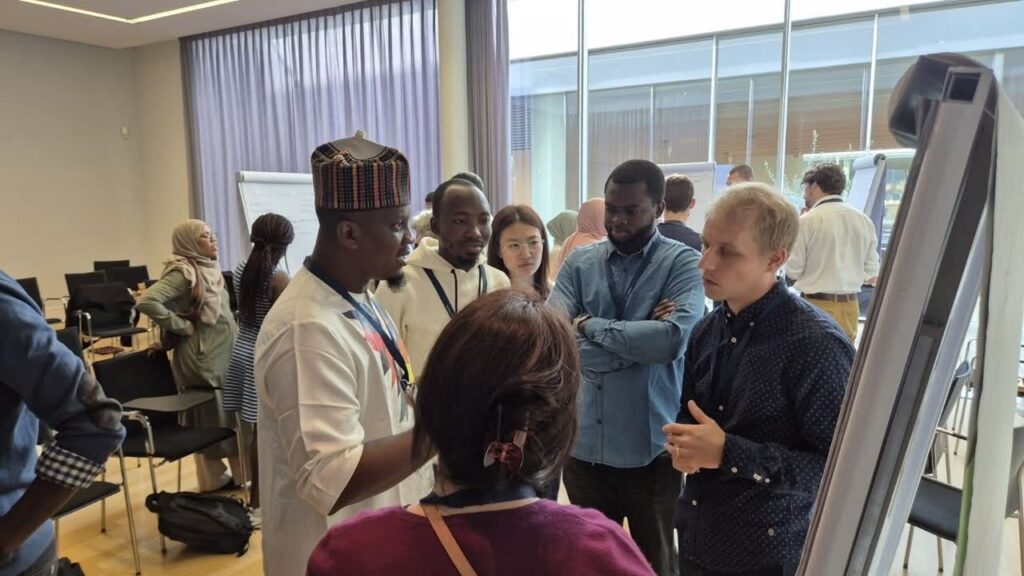
The symposium, which ran under the banner of promoting sustainability through context-specific solutions, examined how cultural, institutional, and societal taboos—often invisible yet powerful—can act as barriers to progress in materials science, architecture, and engineering. Delegates from around the world engaged in intense dialogue, case studies, and collaborative planning to dismantle these barriers, with the goal of building more inclusive and sustainable scientific futures.
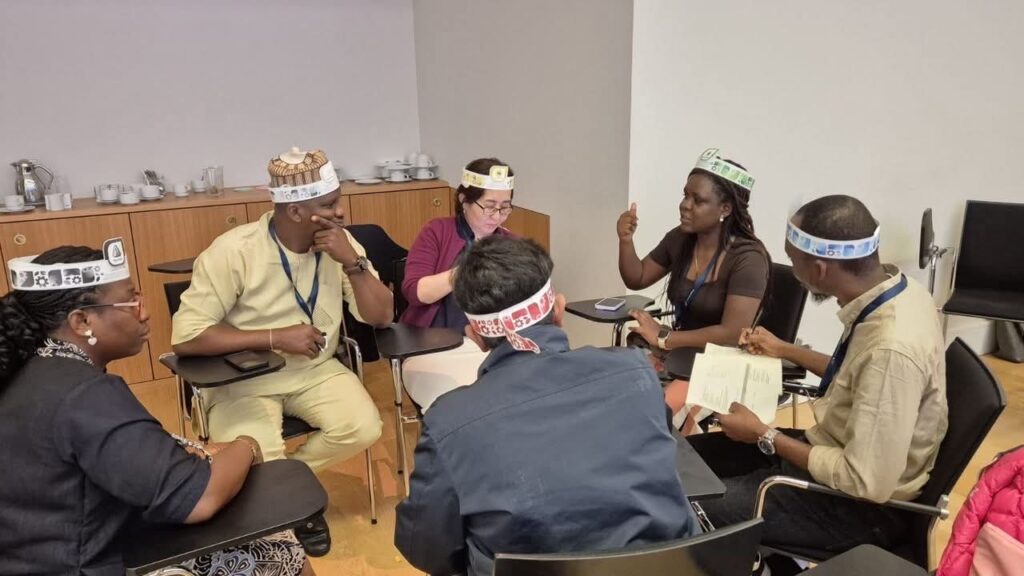
Among the standout contributors were several Nigerians whose insight, lived experience, and academic rigor underscored the significance of African voices in global sustainability discourse. Their participation not only highlighted Nigeria’s growing footprint in scientific collaboration but also reinforced the potential of intercultural partnerships in solving shared global challenges.
“Seeing Nigerians at the forefront of these conversations about taboo and sustainability is not only encouraging, it’s essential,” one participant noted. “The taboos we face in one part of the world may differ in form, but the consequences on development are often universal.”
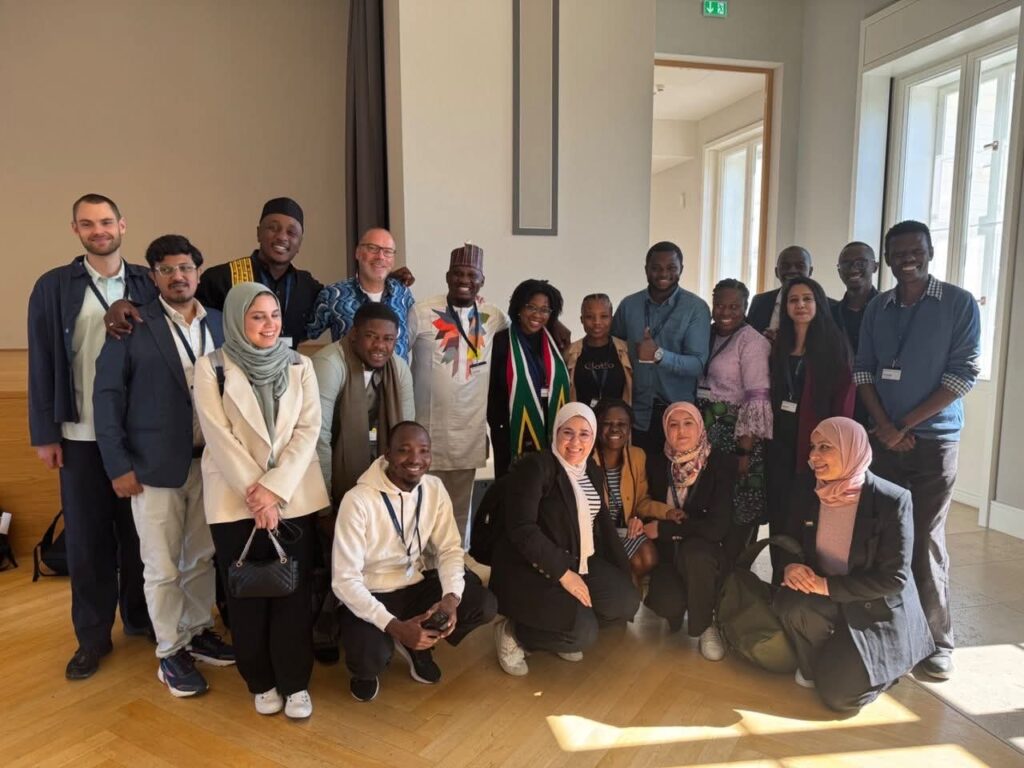
This latest collaboration under the banner of #GermanNigerianPartnerships marks a significant stride in transcontinental research initiatives. It also signals a broader shift toward valuing diverse epistemologies—ways of knowing—and underscores the importance of including voices from the Global South in shaping the future of science and policy.
The Nigerian delegates are expected to carry forward the momentum by initiating local dialogues and policy discussions within their respective institutions, ensuring that the lessons learned in Hannover resonate back home. More than just participants, they are now torchbearers in a global movement to rethink the taboos that restrain innovation.
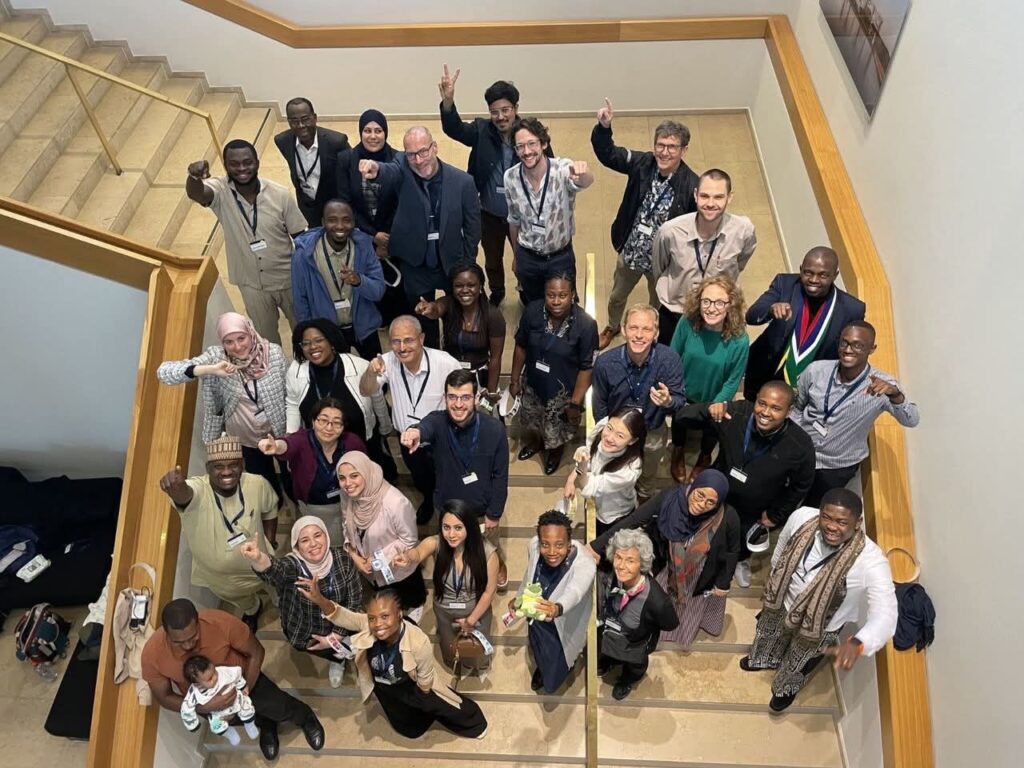
As the world continues to grapple with the complexities of sustainability, events like “(De)Tabooing Science and Research” are more than academic exercises—they are incubators of change. And for the Nigerians who took part, it was a moment of both pride and purpose: a reminder that their4 knowledge, rooted in both tradition and innovation, is crucial to solving some of the world’s most urgent challenges.



